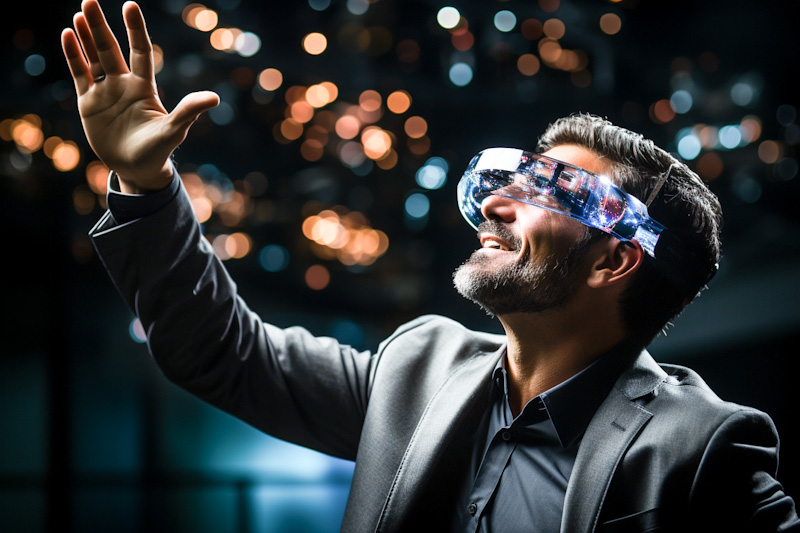
Augmented Reality (AR) has rapidly evolved from being a novel gaming technology to a transformative tool for a myriad of industries. By superimposing digital information onto the real world, AR offers immersive experiences that can enhance our interaction with our surroundings. While gaming was one of the first sectors to adopt and popularize AR, its potential extends far beyond entertainment. Let’s delve into how AR is revolutionizing various industries.
1. Retail: Try Before You Buy
In the retail sector, AR is reshaping the shopping experience. Brands are leveraging AR to allow customers to “try on” products virtually. For instance, cosmetic brands offer apps where users can test different shades of makeup on their skin without physically applying them. Similarly, furniture stores provide tools to visualize how a piece would fit and look in a customer’s living space.
Beyond the initial impression, this virtual “try before you buy” approach reduces return rates. Customers can make more informed decisions, ensuring they are satisfied with their purchases. Moreover, it provides a unique, interactive shopping experience that can boost brand loyalty and engagement.